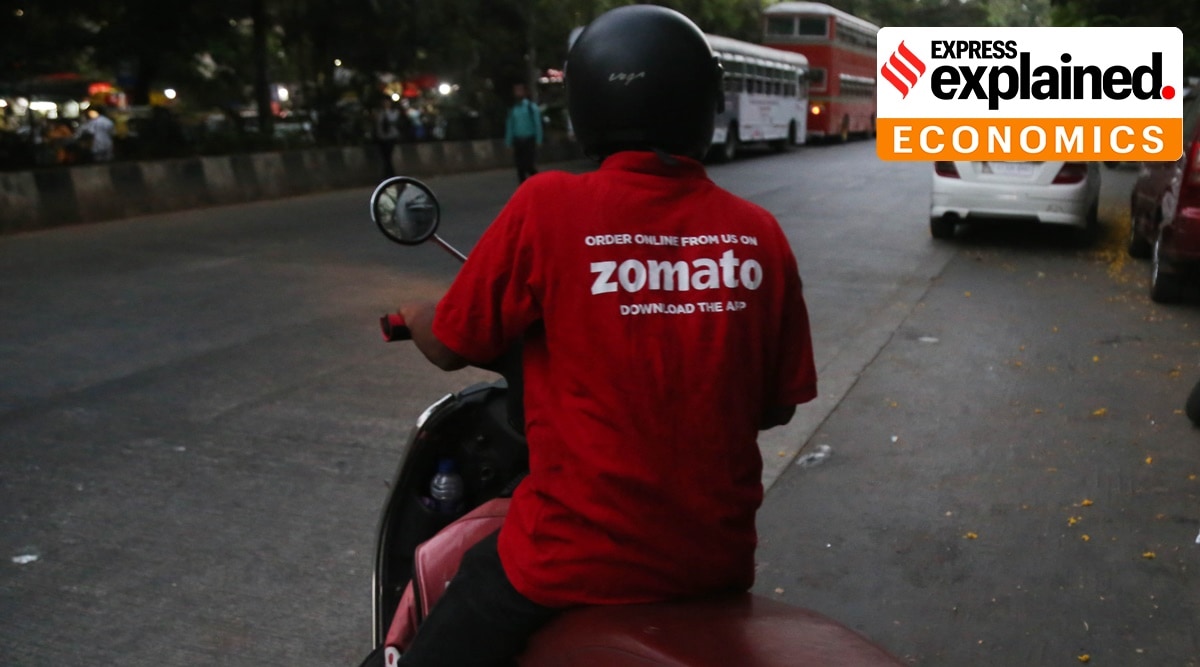Soumyarendra Barik is a Special Correspondent with The Indian Express, specializing in the complex and evolving intersection of technology, policy, and society. With over five years of newsroom experience, he is a key voice in documenting how digital transformations impact the daily lives of Indian citizens. Expertise & Focus Areas Barik’s reporting delves into the regulatory and human aspects of the tech world. His core areas of focus include: The Gig Economy: He extensively covers the rights and working conditions of gig workers in India. Tech Policy & Regulation: Analysis of policy interventions that impact Big Tech companies and the broader digital ecosystem. Digital Rights: Reporting on data privacy, internet freedom, and India's prevalent digital divide. Authoritativeness & On-Ground Reporting: Barik is known for his immersive and data-driven approach to journalism. A notable example of his commitment to authentic storytelling involves him tailing a food delivery worker for over 12 hours. This investigative piece quantified the meager earnings and physical toll involved in the profession, providing a verified, ground-level perspective often missing in tech reporting. Personal Interests Outside of the newsroom, Soumyarendra is a self-confessed nerd about horology (watches), follows Formula 1 racing closely, and is an avid football fan. Find all stories by Soumyarendra Barik here. ... Read More








































